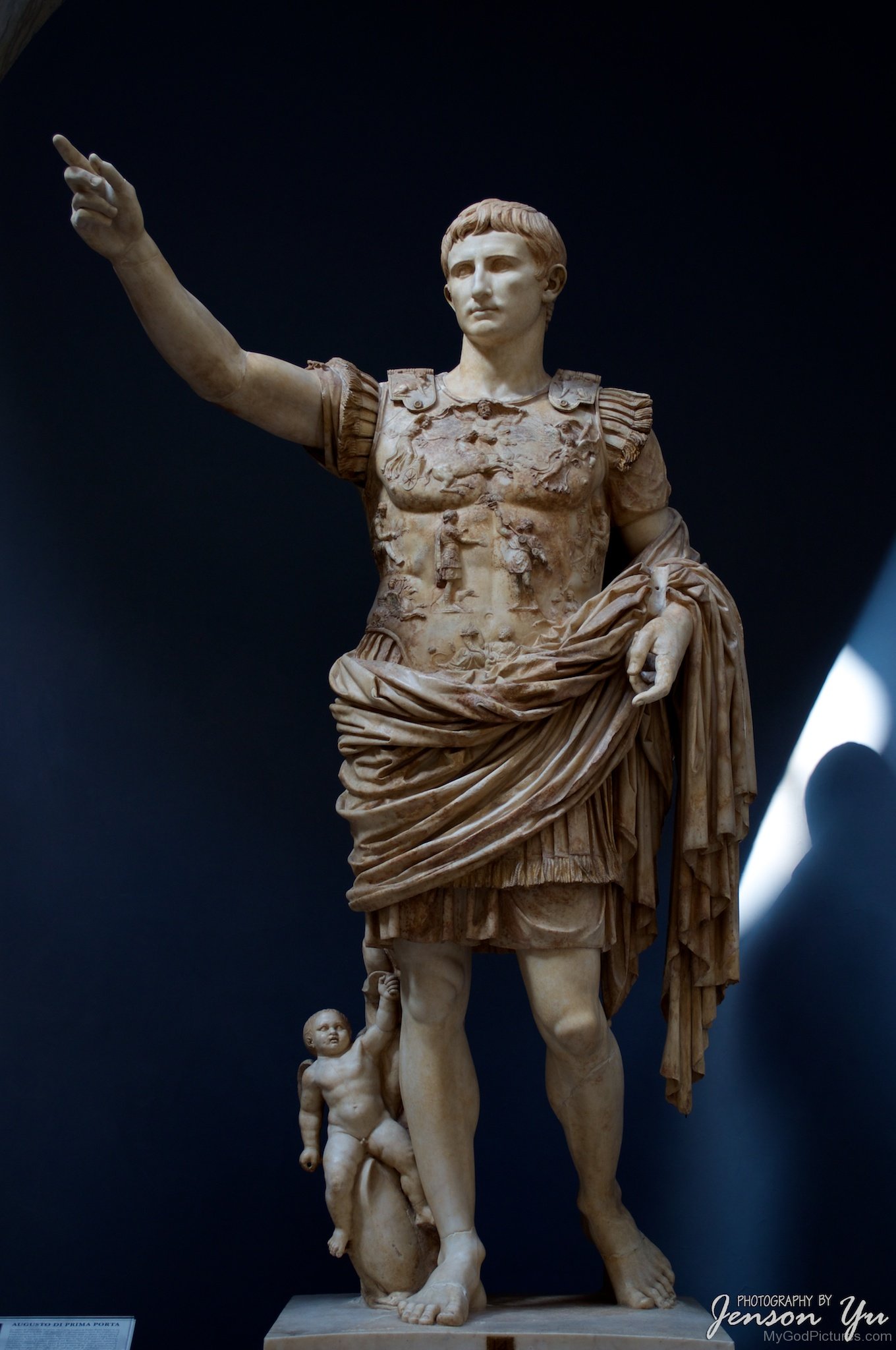
“But afterwards he made his disease an excuse for his behaviour, saying that the senses of those who are thus afflicted do not usually remain steady when they address a multitude standing, but are speedily shaken and whirled about, bringing on giddiness and insensibility. “This vexed not only the senate, but also the people, who felt that in the persons of the senators the state was insulted, and in a terrible dejection they went away at once, all who were not obliged to remain, so that Caesar too, when he was aware of his mistake, immediately turned to go home, and drawing back his toga from his neck, cried in loud tones to his friends that he was ready to offer his throat to any one who wished to kill him.” Ploutarchos writes, in Perrin’s translation: Ploutarchos, however, is skeptical of this claim and instead argues that Caesar deliberately remained seated on the advice of a flatterer so that he would appear to be honored as superior to the consuls and praetors. Ploutarchos records that Caesar himself said that the reason he hadn’t stood up was because his illness was making it hard for him to stand without feeling dizzy. Ploutarchos says that many people were greatly offended by this, declaring that Caesar had violated customary norms.

Ploutarchos makes no comment as to whether he thinks this account of the battle is more plausible than the previous one he has just given, but the fact that he only tells it afterwards and attributes the account to unnamed “others” suggests that he is trying to distance himself from it.ĪBOVE: Photograph from Wikimedia Commons of a Roman marble bust from Delphoi that has been questionably identified as possibly a representation of the biographer Ploutarchos of Chaironeiaįinally, Ploutarchos recounts in his Life of Julius Caesar 60.4–7 that, probably sometime around January 44 BCE, a few months before Caesar’s assassination, there was an incident when the consuls, praetors, and the rest of the Senate approached him and he did not rise to honor them, but instead remained seated. “This is the account which some give of the battle others, however, say that Caesar himself was not in the action, but that, as he was marshalling and arraying his army, his usual sickness laid hold of him, and he, at once aware that it was beginning, before his already wavering senses were altogether confounded and overpowered by the malady, was carried to a neighbouring tower, where he stayed quietly during the battle.”

According to this alternative account, Caesar was not directly involved in the action of the battle because he was having an epileptic seizure at the time when the battle was taking place. The second time he mentions it is in his Life of Julius Caesar 53.5–6, where he gives an alternative account of the Battle of Thapsus, which took place in 46 BCE. Ploutarchos mentions Caesar’s illness two more times in his biography. “Now, at his love of danger his men were not astonished, knowing his ambition but that he should undergo toils beyond his body’s apparent powers of endurance amazed them, because he was of a spare habit, had a soft and white skin, suffered from distemper in the head, and was subject to epileptic fits, a trouble which first attacked him, we are told, in Corduba.” He writes, as translated by Bernadotte Perrin: 119 CE) records in his biography The Life of Julius Caesar 17.2 that Julius Caesar had a sickness in his head and he suffered from epileptic seizures. The Greek biographer and Middle Platonist philosopher Ploutarchos of Chaironeia (lived c. Ploutarchos of Chaironeia on Caesar’s illness


This illness is traditionally identified as epilepsy, based on descriptions of it as such by ancient writers, but the exact cause of the illness cannot really be identified, since Caesar is long dead and the descriptions of his illness in the ancient sources are far too vague for any kind of medical diagnosis. Not many people are aware, however, that, according to several ancient biographers, Julius Caesar had a chronic illness that reportedly caused him to experience headaches, sudden seizures, and vertigo. He been the subject of countless stage plays, films, television shows, and novels and his article on Wikipedia is consistently one of the most frequently viewed articles within WikiProject Classical Greece and Rome. The Roman general and dictator Gaius Julius Caesar (lived 100 – 44 BCE) is one of the most famous figures from all of ancient history.


 0 kommentar(er)
0 kommentar(er)
